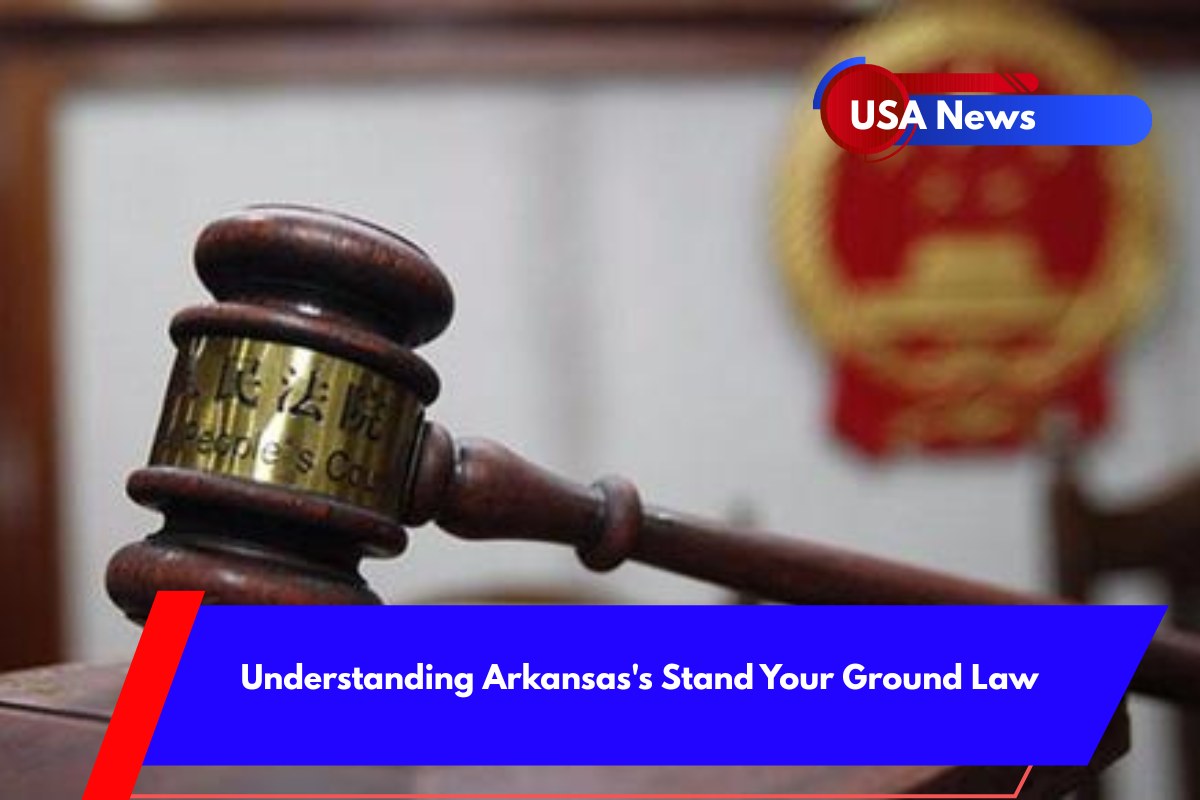In 2021, Arkansas passed the Stand Your Ground law, changing the state’s approach to self-defense. The law removes the duty to retreat before using force, even deadly force, when a person is confronted with an immediate threat.
This law strengthens the right to protect oneself in public and private spaces, but with specific conditions. Here’s what you need to know about how this law works.
No Duty to Retreat
Under Arkansas’s Stand Your Ground law, if you are lawfully present at a location and not involved in criminal activity, you do not have a legal obligation to retreat before using force in self-defense.
This means that if you’re in a public space or even your own home, you don’t need to try to escape or avoid the threat before taking action to protect yourself.
Reasonable and Proportional Use of Force
The law requires that any force used in self-defense be both reasonable and proportional to the threat you are facing. Deadly force, for example, is only justified if you reasonably believe it is necessary to prevent immediate death or serious bodily harm to yourself or someone else. The amount of force used must match the level of threat—excessive force could lead to legal consequences.
Where the Law Applies
The Stand Your Ground law applies anywhere an individual has a right to be, including public places and their own home. While Arkansas does not have a separate “Castle Doctrine” statute, the same self-defense rules apply to both public spaces and private residences.
This means that if someone unlawfully enters your home, you can use force to protect yourself without the duty to retreat, but the same standards for using force apply in both situations.
Legal Requirements for Justified Use of Force
To legally justify the use of deadly force, the following conditions must generally be met:
Lawful Presence: You must be lawfully present at the location where force is used and not engaged in any criminal activity.
No Provocation: You cannot have provoked or started the altercation that led to the threat.
Imminent Threat: You must reasonably believe that using deadly force is necessary to prevent imminent death or serious physical injury.
According to the law, deadly force is justified if you reasonably believe the other person is committing or about to commit a violent felony or is using or about to use deadly force themselves.
No Obligation to Attempt Escape
One of the most significant aspects of Arkansas’s Stand Your Ground law is that there is no obligation to attempt to escape or withdraw from a dangerous situation before using force. If someone poses an imminent threat, you can stand your ground and defend yourself without needing to run or avoid the situation.
Burden of Proof and Legal Ambiguity
While the Stand Your Ground law provides broad self-defense protections, each case is carefully evaluated based on the specific facts. The necessity and proportionality of the force used will be closely examined in court.
This means that reliable evidence and testimonies are essential to prove a self-defense claim. The law does not provide an automatic defense and does not guarantee immunity from prosecution if the use of force is deemed excessive or unjustified.
Sources:
1. https://giffords.org/lawcenter/state-laws/stand-your-ground-in-arkansas/
2. https://en.wikipedia.org/wiki/Stand-your-ground_law
3. https://www.hickeyandhull.com/our-blog/self-defense-laws-101-how-to-legally-protect-yourself-in-arkansas













